What if I told you that you could make better decisions, meet deadlines, keep promises to yourself, suffer less stress, and engage more deeply with others all by answering one simple question.
Would you be in? I thought so!
Work with me here for a minute….
Raise your hand if you made a New Year’s Resolution at the beginning of 2021.
Now, keep your hand raised if halfway through this year you have stuck with that resolution. (I really wish I could see your hands.)
So, tell me. If you didn’t make a resolution, or if you didn’t stick to it– how come?
Which of these statements possibly applies to you personally. Here we go!
- “I’ll keep a resolution if it’s useful, but I won’t start on New Year’s Day, because January 1 is an arbitrary date.”
- “I don’t make New Year’s resolutions anymore because I never manage to keep them—I never make time for myself.”
- “I never make resolutions because I don’t like to bind myself.”
So why is it that we all respond SO differently to the exact same question?!
Well, today’s guest – fellow Yale Law alum + best selling author- Gretchen Rubin has an answer for this.
It all goes back to one, simple yet decisive question: How do you respond to expectations?
Interestingly, all of us face two kinds of expectations:
Outer Expectations—expectations others place on us, like meeting a work deadline
Inner Expectations—expectations we place on ourselves, like keeping a New Year’s resolution
You might be thinking, ‘Okay. Yes, this is interesting. But, why does it matter?’
Ready for the most crucial insight?
Depending on YOUR personal response to outer and inner expectations, you fall into one of four distinct types:
- Upholders– Respond readily to both outer expectations and inner expectations
- Questioners– Question all expectations and meet an expectation only if they believe it’s justified (so really they respond only to inner expectations)
- Obligers– Respond readily to outer expectations but struggle to meet inner expectations
- Rebels– Resist all expectations, outer and inner alike
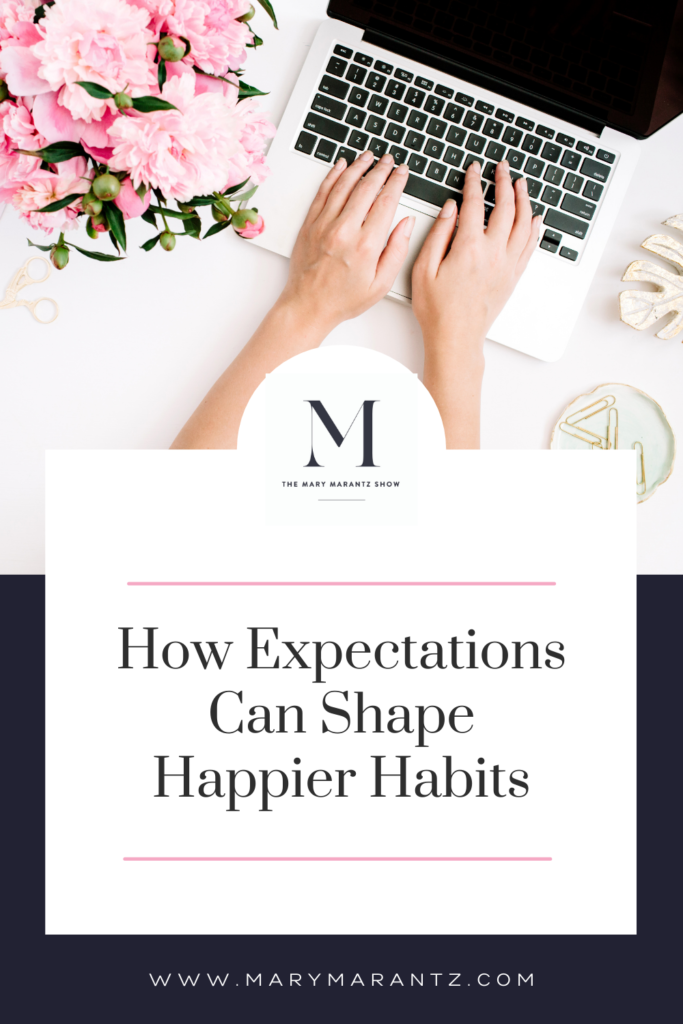
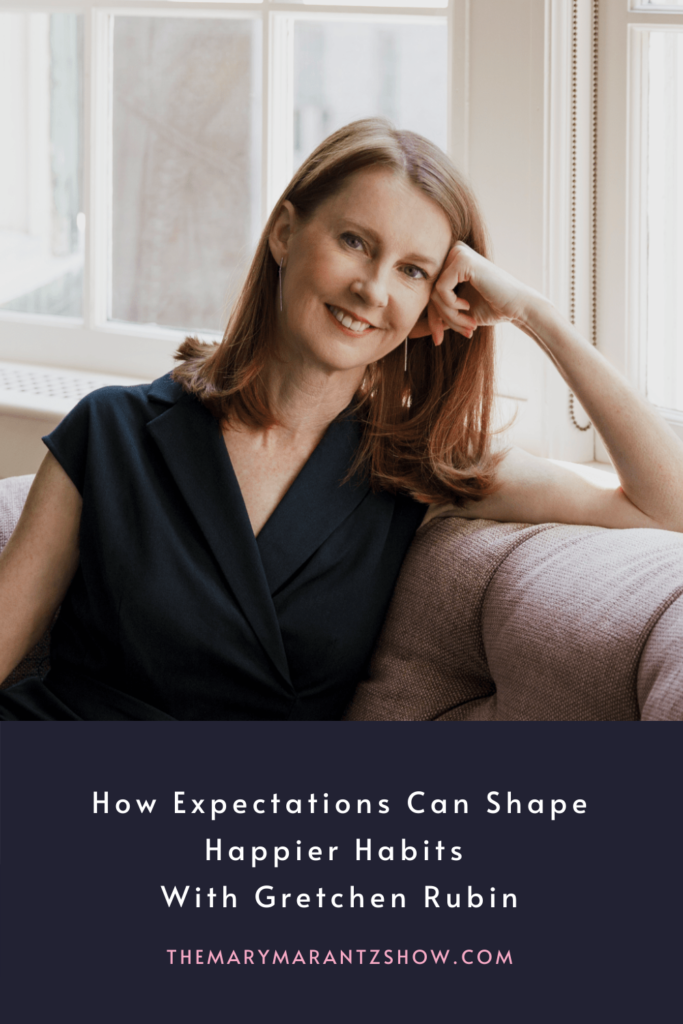
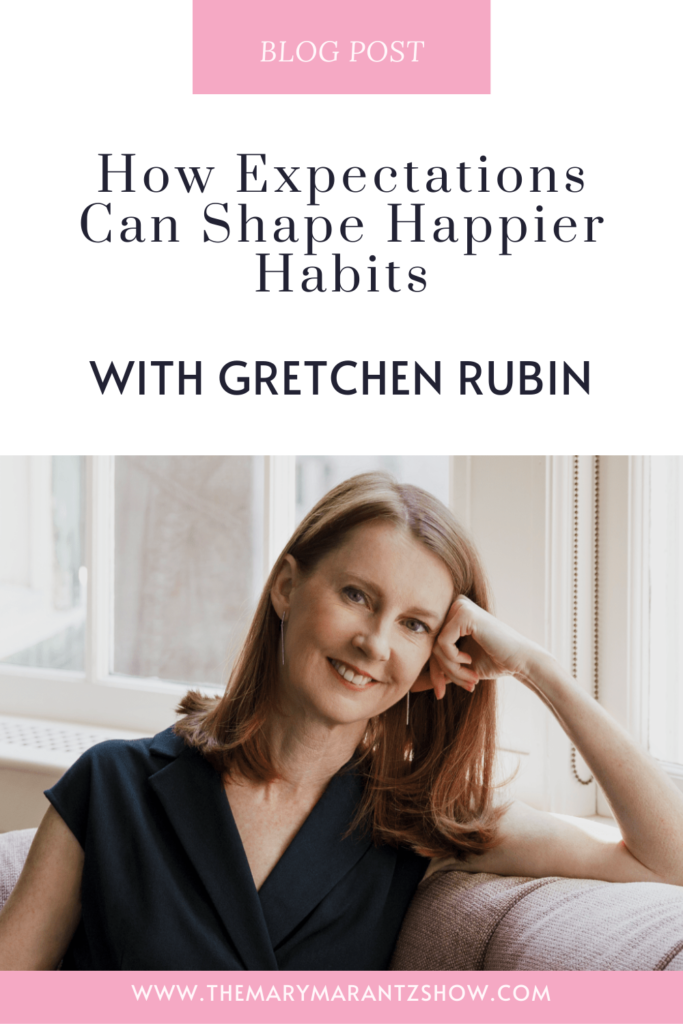
Friends, this is huge!
Knowing your Tendency can help you set up situations in a way that makes it more likely that you’ll achieve your goals!
Just as important, knowing other people’s Tendencies can help you to work with them more effectively! In just about any role we play—as manager, health-care professional, team member, teacher, coach, spouse, parent, or colleague, to name a few—it’s helpful to know yours and others Tendencies.
Why? Because, it’s hard to grasp just how differently we can all see the world.
When we can see other people’s perspectives, we understand why, from their point of view…their actions make sense.
So, if you have ever felt stuck or wondered why you (or someone around you) are the way you are, then you will love the rest of today’s conversation where we also cover:
- How and why our tendencies shape every aspect of our behaviors
- Ways to make better decisions based on what works best for your specific personality profile—not what anyone else expects or demands;
- How to have more constructive relationships with the people in our lives
- The powerful tool to help us better recognize our own nature, while harnessing its strengths and counteracting its weaknesses.
If you are ready to overcome the biggest impediments to your happiness and success, then you will not want to miss today’s practical and powerful episode!
After listening, head on over to The Four Tendencies Quiz by Gretchen Rubin and find your Tendency!
Prefer to watch the episode instead? Click below to watch it on Youtube with some exclusive BONUS content!
More From This Episode:
Connect with Gretchen on Instagram and be sure to pick up her book, ‘The Four Tendencies: The Indispensable Personality Profiles That Reveal How to Make Your Life Better (and Other People’s Lives Better, Too)’. wherever books are sold.’
You May Also Like:
- 4 Ways To Grow Into The Girl For The Job With Jess Connolly
- When To Do When Community Over Competition Gets Complication with Natalie Franke
- How to Walk Away From Playing it Safe and Pursue Your Calling with Morgan Harper Nichols
- Soundtracks: How to Change Overthinking from a Super Problem to a Super Power with Jon Acuff
- Feeling Unseen? Why Trusting the Journey > Chasing Finish Lines with Morgan Harper Nichols
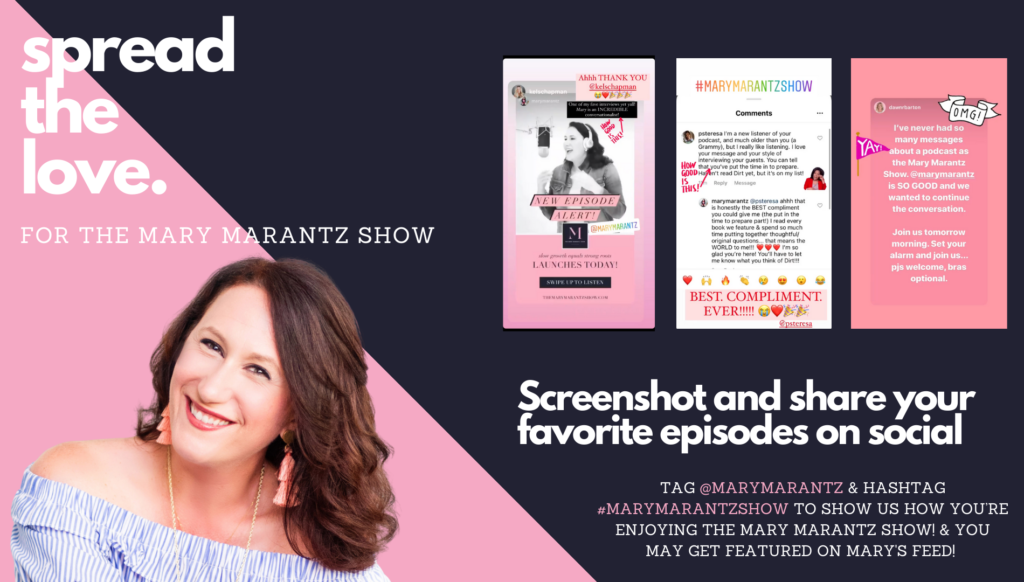
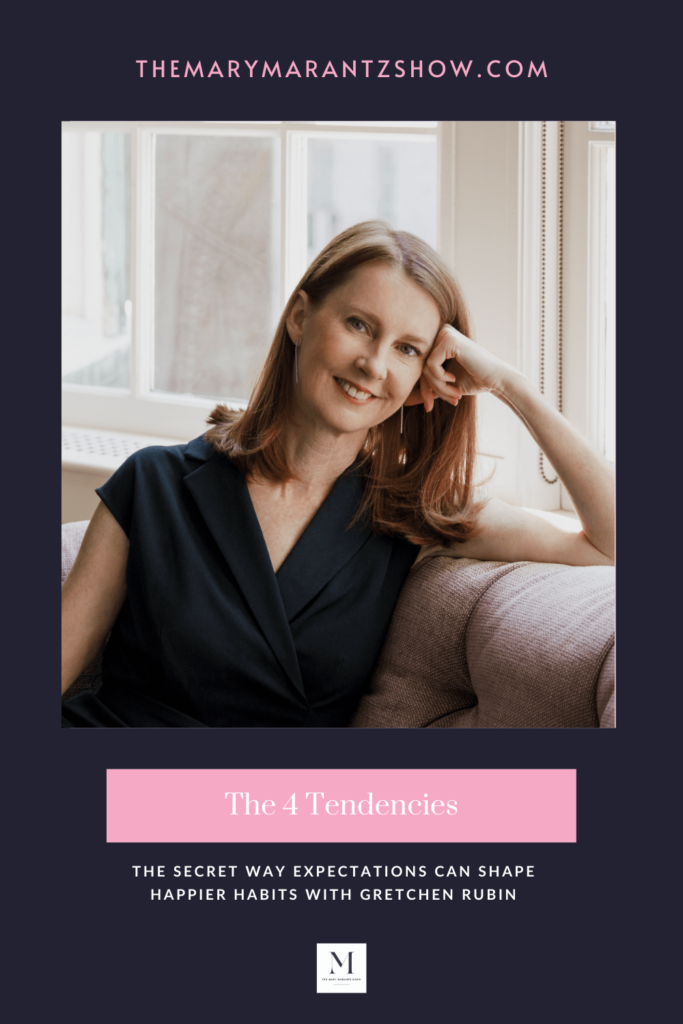
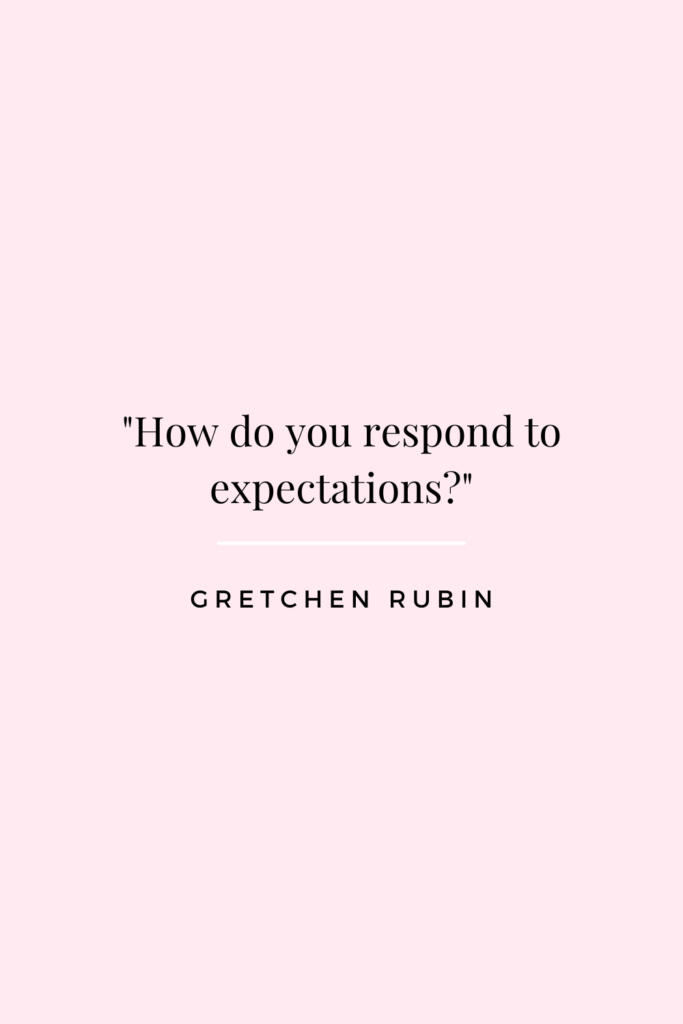
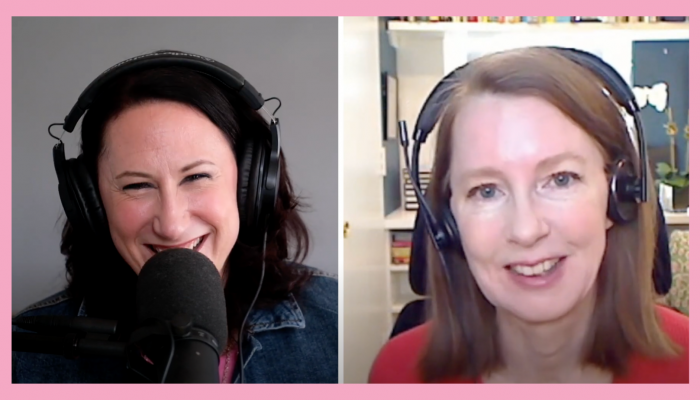
[…] The Secret Way Expectations Can Shape Happier Habits With Gretchen Rubin […]
[…] The Secret Way Expectations Can Shape happier Habits with Gretchen Rubin […]
[…] The Secret Way Expectations Can Shape Happier Habits With Gretchen Rubin […]